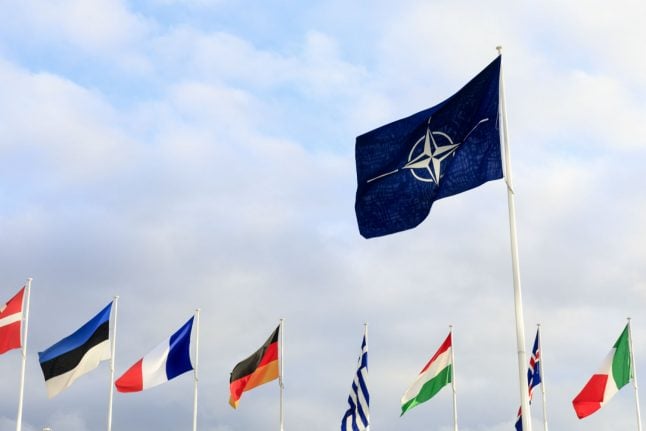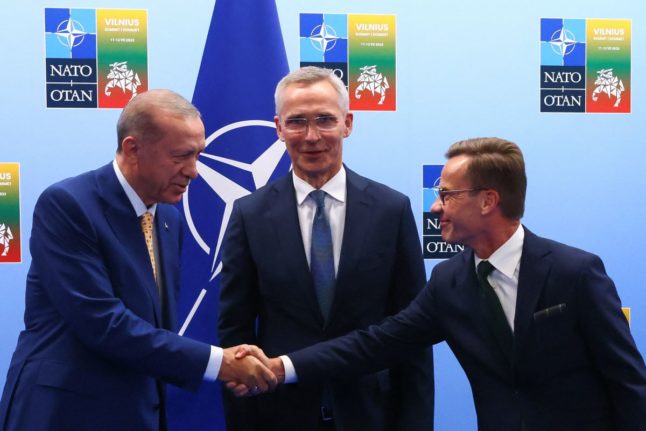German Chancellor Angela Merkel said closer defence ties agreed in a new friendship treaty aim to build a Franco-German “common military culture” and “contribute to the creation of a European army”.
Both Macron and Merkel have pushed the idea of a joint European Army for the bloc that would be part of the wider transatlantic NATO alliance.
SEE ALSO: Merkel calls for a 'real, true' European army
Macron told a forum after the signing ceremony that as “authoritarian powers are emerging everywhere…let's build a real European army to protect ourselves and have a real foreign policy”.
Trump has strongly demanded that European NATO members, especially Germany,
pay more for their joint defence but has attacked the idea of a separate European army.
Late last year he mocked both of the European powers by tweeting that “it was Germany in World Wars One & Two — How did that work out for France?”
He added that “they were starting to learn German in Paris before the U.S. came along”.
SEE ALSO: Is the German military capable of defending Europe?
In the new accord, meant as a follow-up to the 1963 Elysee Treaty, both France and Germany pledge to stand shoulder to shoulder in case of a military attack against either of them, reaffirming a commitment already written into EU and NATO treaties.
Paris and Berlin will also create a new joint Defence and Security Council and seek to harmonise rules for military equipment procurement.
NATO Secretary General Jens Stoltenberg welcomed the treaty, saying that France and Germany had a day earlier briefed the alliance on its defence and security aspects.
“For decades, Franco-German cooperation has been essential for security and stability in Europe,” he said in a statement.
“The Aachen Treaty is a reminder of the historical significance of this partnership, of how far Europe has come since the devastation of the Second World War and of the importance of continuing to work towards a Europe that is whole free and at peace.”
Stoltenberg welcomed “the emphasis given in the treaty to the importance of multilateral institutions like NATO, the EU and the UN”.
“A strong French and German role in NATO will continue to be essential for European and Transatlantic security.”
SEE ALSO: EU defence efforts musn't hurt transatlantic bond: EU chief in Berlin



 Please whitelist us to continue reading.
Please whitelist us to continue reading.
Member comments